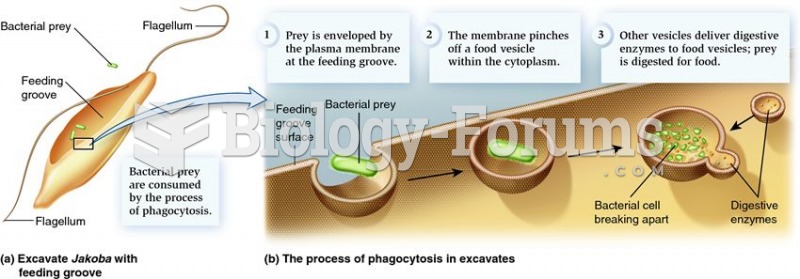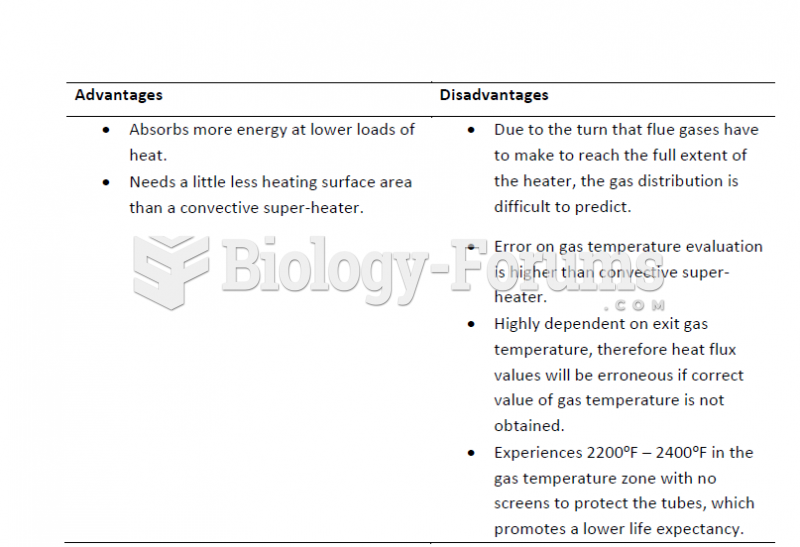Answer to Question 1
The advantages in these type of operations include:
1 . Capital costs of buildings and equipment are spread over a large number of animals.
2 . Rations based on cheapest ingredients are standardized to meet the nutritional needs of a large number of animals of similar weight and stage of development.
3 . Animals can be uniformly treated with medicine for disease and other pests and with growth-promoting agents.
4 . Because animals are confined, nutrients are mostly used for growth and production rather than exercise.
5 . The product, whether meat, egg, or milk, can be adjusted to be of uniform size and quality.
6 . Livestock production facilities can be located near transportation facilities or processing facilities.
The challenges of these operations include:
1 . Large numbers of animals raised in close proximity present an opportunity for rapid spread of infectious diseases. Preventative medications like antibiotics are often used.
2 . Animals are confined in small cages or in feedlots with a minimal amount of space for natural movement or social interaction. This industrialization of animal life is an animal welfare concern for some.
3 . Manure and urine excrement is concentrated in a small area, making disposal challenging. Often manure is stored in lagoons that can affect surface and well water quality. Leaching of nitrate from concentrated manure application or leaky lagoons can contaminate groundwater, leading to problems of nitrate (NO3) poisoning.
4 . Air quality is degraded. Pollutants such as hydrogen sulfide (H2S), methane (CH4), ammonia (NH3), and particulates generated by manure production and storage affect the health of animals, farm workers, and nearby residents. Inhalation of these pollutants can cause asthma, chronic lung disease, and brain and nervous system dysfunction.
Answer to Question 2
F







